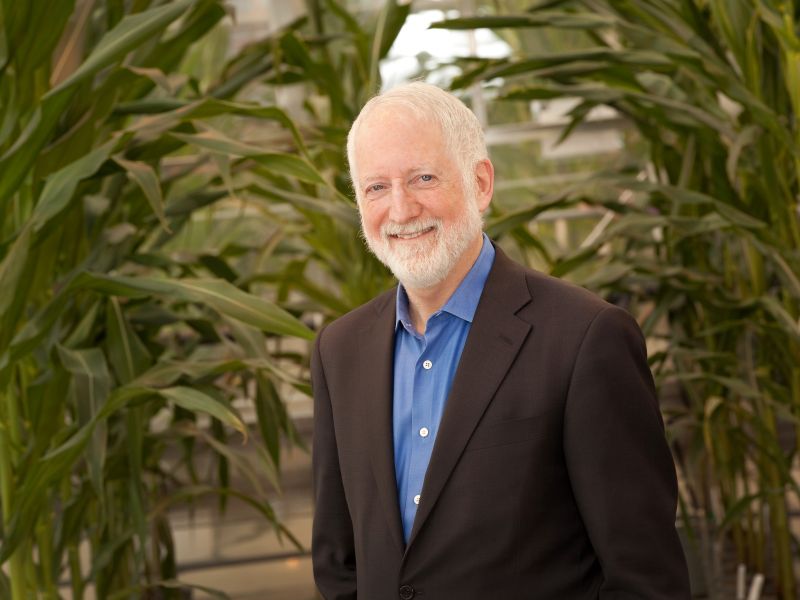By Neal Gutterson, Senior Vice President and Chief Technology Officer, Corteva Agriscience™, Agriculture Division of DowDuPont
It has been more than 12,000 years since the Neolithic Revolution, when our nomadic ancestors began planting roots – quite literally – and trading in their hunter-gatherer lifestyles to cultivate crops. Today we’re facing another revolution in agriculture – one we must all tackle together.
Our crops are under attack from changing weather, drought, floods, heat waves, diseases and pests. At the same time, our population is growing to a projected 9.8 billion people by 2050, and consumers are increasingly requesting food that is healthier for their families and the planet. This means we need to grow more food that is better for people and the environment using fewer resources. To accomplish this, we must explore new innovations and technologies.
At Corteva Agriscience™, Agriculture Division of DowDuPont, I lead an organization whose mission is to find bold, innovative solutions that do just that – enriching the lives of those who produce and those who consume. We bring several unique assets and capabilities to address this challenge: germplasm, gene editing technology, natural products, digital tools and cross-platform solutions. But the reality is no single company is going to have all the answers to address agriculture’s greatest challenges.
We believe that the global scientific community can do truly innovative work when we collaborate. Through our Open Innovation platform, we’re bringing together thought leaders and innovators to identify and develop solutions to some of the world’s most pressing food and agriculture needs. The platform creates a mechanism to rapidly discover innovative solutions to specific challenges identified through our Open Innovation Portal, and to identify where we or our collaborators can deploy those solutions. This approach enables the development of tailored solutions to address local problems around the world.
For example, in September 2016, Corteva Agriscience and the International Maize and Wheat Improvement Center (CIMMYT) announced a public-private partnership (PPP) to jointly develop improved crops using CRISPR to address the needs of smallholder farmers around the world. The first project under this PPP applies CRISPR to address the devastating maize lethal necrosis (MLN) disease in sub-Saharan Africa.
Other examples of Open Innovation include our multiyear partnership with the International Crops Research Institute for the Semi-Arid Tropics (ICRISAT) to strengthen food security by improving crops that feed millions through sharing of high-tech and modern breeding technologies. Our collaboration with the Donald Danforth Plant Science Center, was created to apply cutting-edge technologies, such as CRISPR and our proprietary “dev genes” technology, to the creation of new varieties of improved food security crops with enhanced native traits.
The truth is, we need lots of different approaches to build the future of agriculture, and we want to invite you to join us. We’re calling on small and large companies, public research institutes and academia to come together to drive innovation that will enable us to solve the pressing challenges facing us in agriculture. Visit our website, openinnovation.corteva.com, to see how you can gain access to a flexible range of industry-leading capabilities to help elevate and advance your research.
The decisions we make in agriculture today, like those made some 12,000 years ago, will impact the lives of billions for centuries to come. No single company or organization can do it alone. But by working together and putting the farmer and consumer at the heart of everything we do, we can make these solutions a reality.
The next revolution in agriculture is here. It’s happening on farms and in laboratories both small and large. With the world's brightest minds working to find transformational agricultural innovations, we can and will ensure progress for the hunters, gatherers and farmers of the future.

